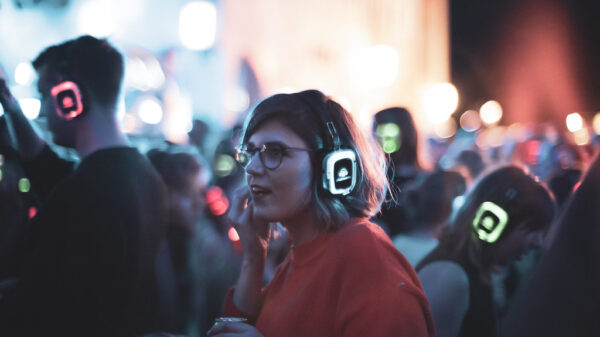Roar writer Amaaya Nath discusses toxic productivity and recommends boredom as the solution.
From a young age, we are taught that if we work hard, we will achieve our desires and – in a childish sense – become the best. So, implicitly, when we grow up, most of us have a conditional relationship with work: we hustle, and in turn we believe that we will achieve our dreams. Yet, as many of us have already learnt, this is rather unrealistic. We don’t always go on to achieve our dreams and will face rejection multiple times, and the false pretence of this will make us disillusioned with working. Modern productivity culture pins your failures on you not trying hard enough or working extremely long hours, which in turn perpetuates the narrative that you need to work harder and be better. Over the past year, however, I have found my most powerful productivity tip – becoming bored.
Today, productivity lacks purpose. Initially, the idea that our happiness is supposed to be intrinsically linked to results lies in a capitalist system of production. It is only through making more products, which used to happen through more labour, that we reap results and as such we are seen to be rewarded with status, reputation and money only through more production and hard work. But when we look at the bigger picture, as most people have preached, there is more to life than just work. We weren’t born with the sudden urge to be productive, yet it is a function of nurture that is bred into us. With even pre-school applications being competitive, while younger and younger children are bred to be productive, it stifles creativity and demeans the reasons why people decide to be productive. One can still choose to work and be productive without letting that dominate everything that they do. Thus, productivity is misused; it is less about becoming better or the joy of learning, and more about external pressures and fitting in. This makes us constantly look for things to do, even if it doesn’t help us. When we wake up at 4 a.m. and idle till 7 a.m., thinking of new things to pack up our schedules with, it defeats the purpose of waking up early. I find that with the infinite amount of productivity hacks, we have an urge to fill our days without understanding the purpose behind it.Â
The problem behind the moral desert theory of hard work is that it is self-defeating. At any given point, there will be someone who is working harder, someone who doesn’t need to work as hard, and someone who is a fish climbing a tree – and amongst these, hard work is not the only single differentiator of success. There are many ways to be the best, and a single indicator is reductive of the concept. The obsession with being the best is misleading. While it is possible to be the best in a class or in a topic, if you zoom out in real life, being the best is an unachievable idea. There are many reasons why one may not meet their goals and to think it comes down to one factor can be an oversimplification.Â
I believe that, in the rat race, we lose sight of being productive with purpose. More than ever, today we have stopped consolidating what we are thinking, and we’re focusing more on just producing and doing more. This is furthered by constant stimulation from computer screens and our phones. The higher levels of dopamine have made us addicted to the chemical, which has reduced our attention spans and our ability to focus. The difference between these higher levels of stimulus and lower levels of stimulus is boredom; but now, with more work being online, our generation is unable to be bored. Boredom isn’t inherently a bad thing. It allows our brain to think and wander to make connections with the knowledge we have, which is the basis of original thought. If we don’t let our brains take this time and get bored, then our productivity will always be limited and stifled.
Productivity without purpose is like punching the dark and aiming for a shot. In order to achieve a purpose, we need to let our brains rest and think critically of what we have learnt. So my best tip to achieve peak productivity is to get bored. Rather than working due to an incentive, we need to be aware of the motivations behind our work, with an understanding that we will never be the best and we may not achieve our goals, as well as with a purpose behind our learning and thinking. While this may not always be rewarded, we need to realise that productivity is a tool at our disposal meant to supplement our work, not take over and suffocate the meaning behind it.

















